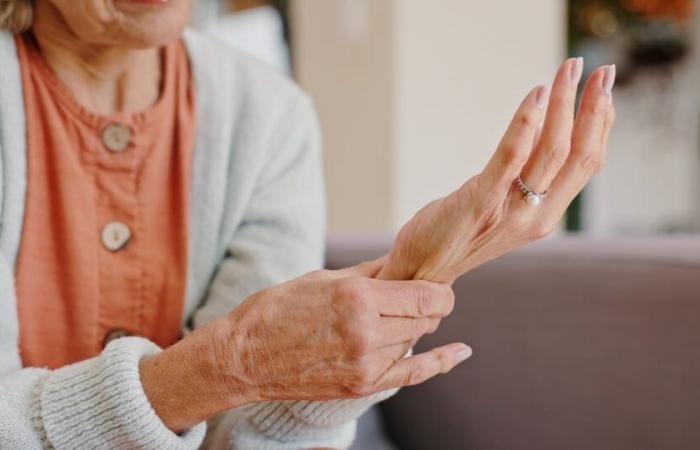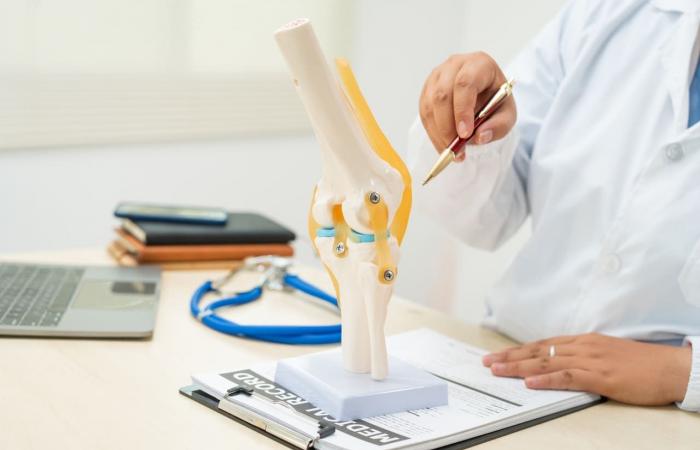A common medication among seniors promotes bone loss, according to researchers at Johns Hopkins Medicine.
From a certain age, seniors are often prescribed medications for fairly common health problems. Hypertension, cholesterol, diabetes… They tend to multiply as we age. This is why doctors recommend adopting certain good habits from a certain age, if this is not already the case. You can then adapt your diet, or make sure you exercise physically. While drug treatments help alleviate certain problems, they sometimes cause others. This is the case for a drug often prescribed to seniors, which promotes bone loss, according to researchers.
What medication regularly prescribed to seniors promotes bone loss?
As reported aufemininlevothyroxine promotes bone loss. In France, this drug is known under the name Levothyrox, while it is marketed under the name Synthroid in the United States. This medication is often prescribed to treat hypothyroidism because it replaces the hormone naturally produced by the thyroid gland.
Unfortunately, while treating this disease, this treatment can also help significantly decrease bone density in older adults, according to a study conducted by Johns Hopkins Medicine. To come to this conclusion, they followed 81 users of levothyroxine, and 364 who did not take this treatment for six years. “Even following current recommendations, levothyroxine use appears associated with increased bone loss in older adults”specifies Dr Shadpour Demehri, professor of radiology and co-senior author of the study.
As a reminder, osteoporosis is a disease that reduces bone density and alters the micro-architecture of bones. This affects around 4 million people in France, or 5.5% of the total population. It is generally more common in women around the age of 65. This disease can then increase the risk of fractures, often serious, in people who suffer from it.
© Shutterstock
How to take care of your bone health after 60?
To maintain strong bones after menopause, and again after age 60, it may be necessary to change some habits. The first of them? Food. Indeed, to take care of your bones, you must not neglect your calcium intake. It is found in all dairy products, but also in foods such as almonds, thyme and even sardines. You must also consume enough protein, which is found particularly in meat, fish and eggs, but also in certain plants such as cereals, pulses and even oilseeds.
Furthermore, vitamin D is also essential, because it allows calcium to bind to bones. To get enough, you should not hesitate to expose yourself to the sun and eat foods rich in vitamin D. At the same time, it is important to do physical activity every day, depending on what you can. TO DO.







